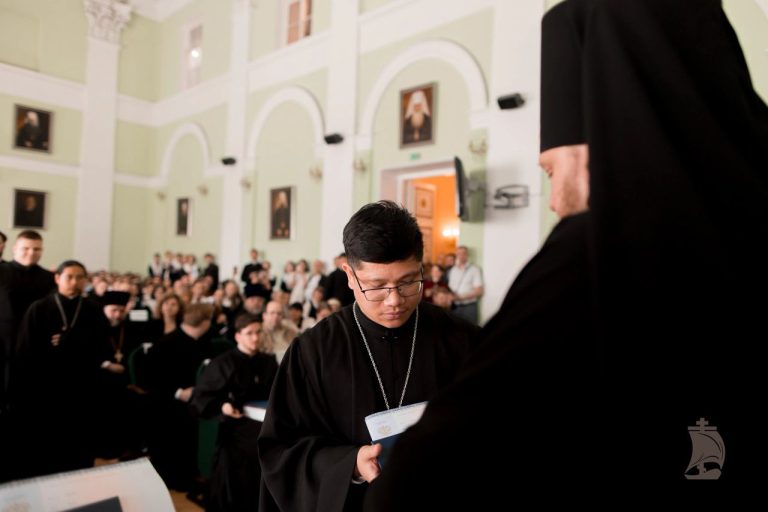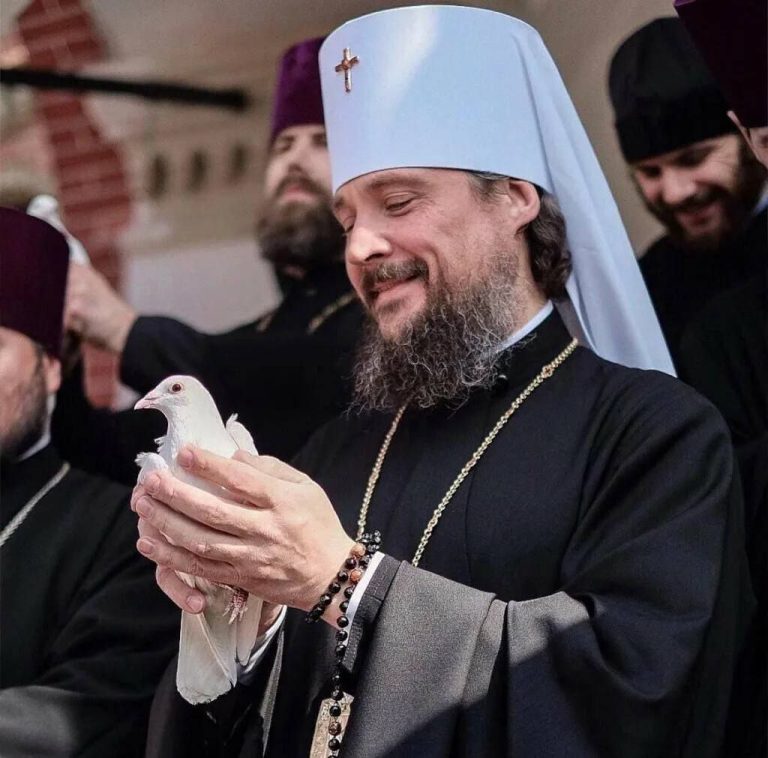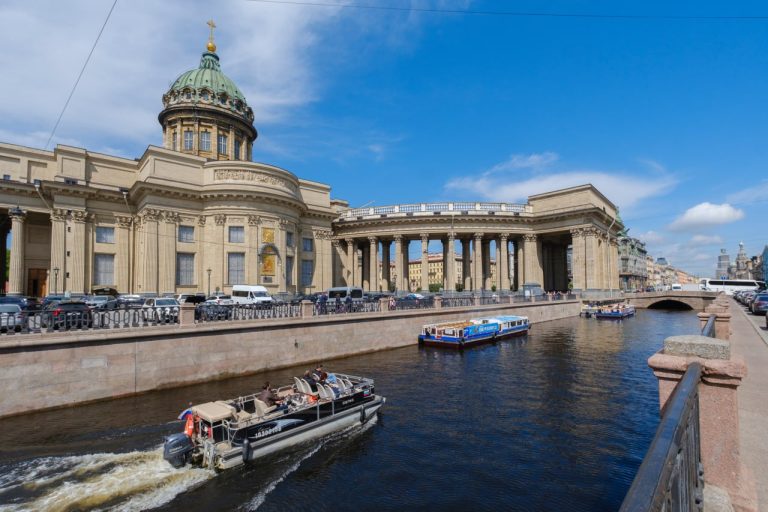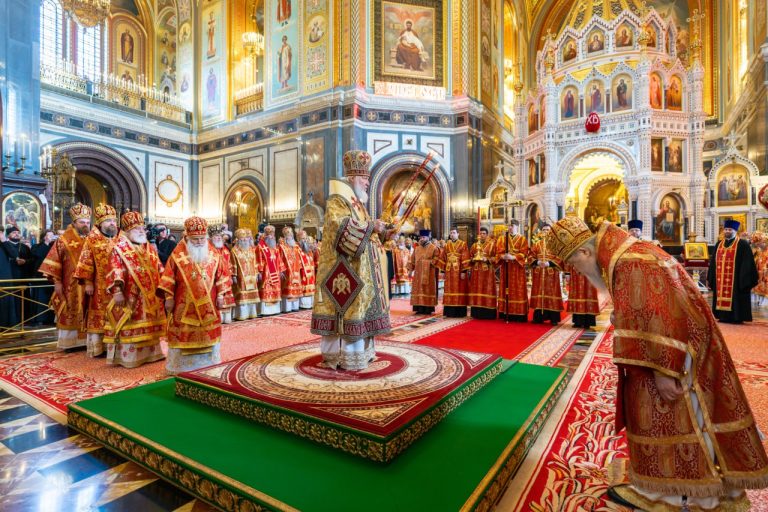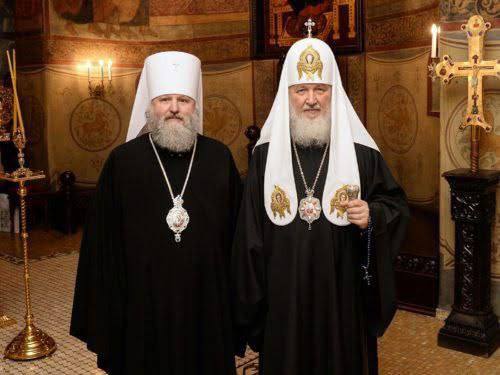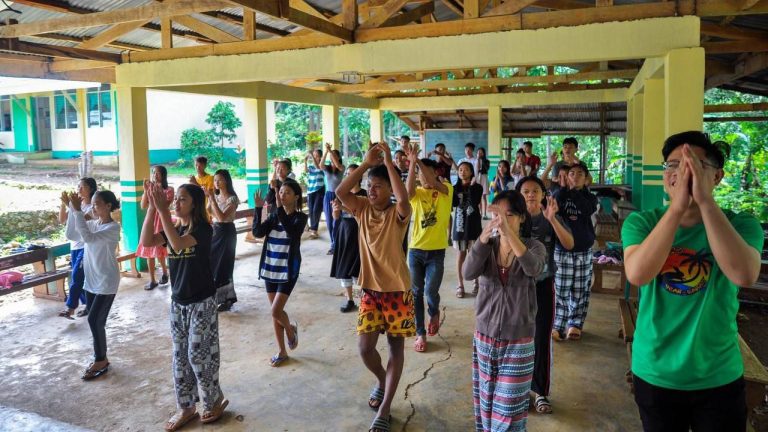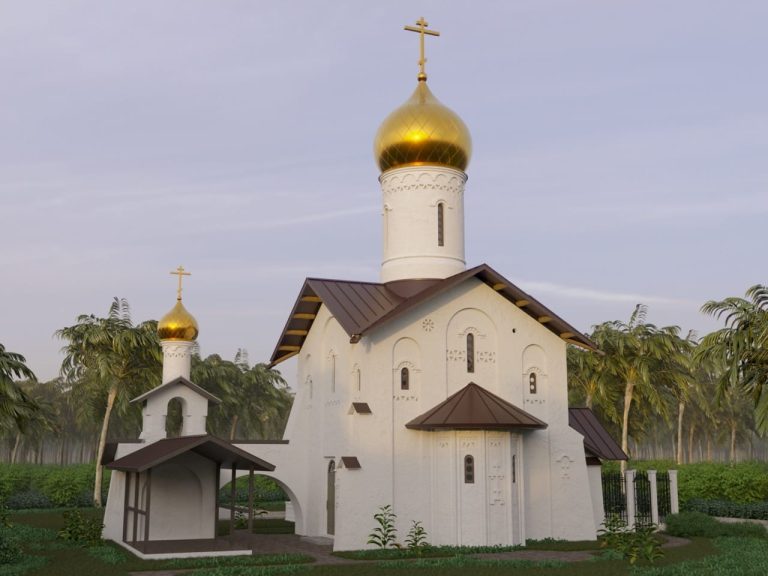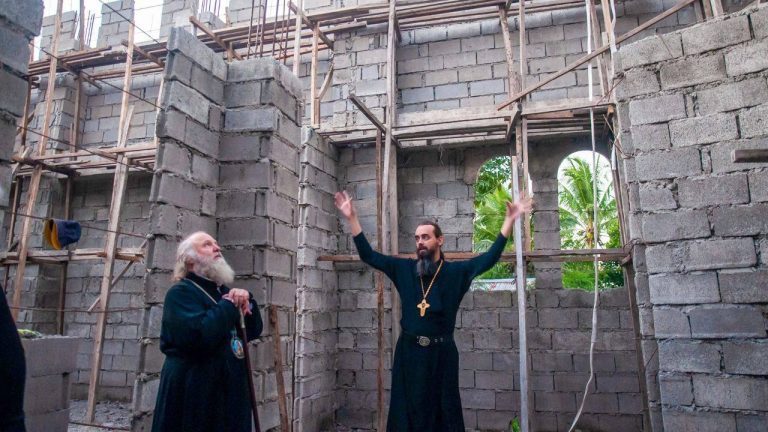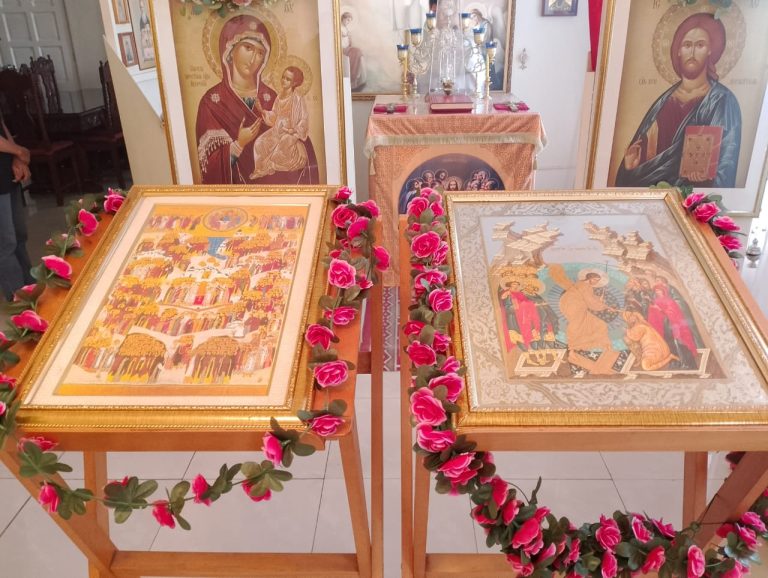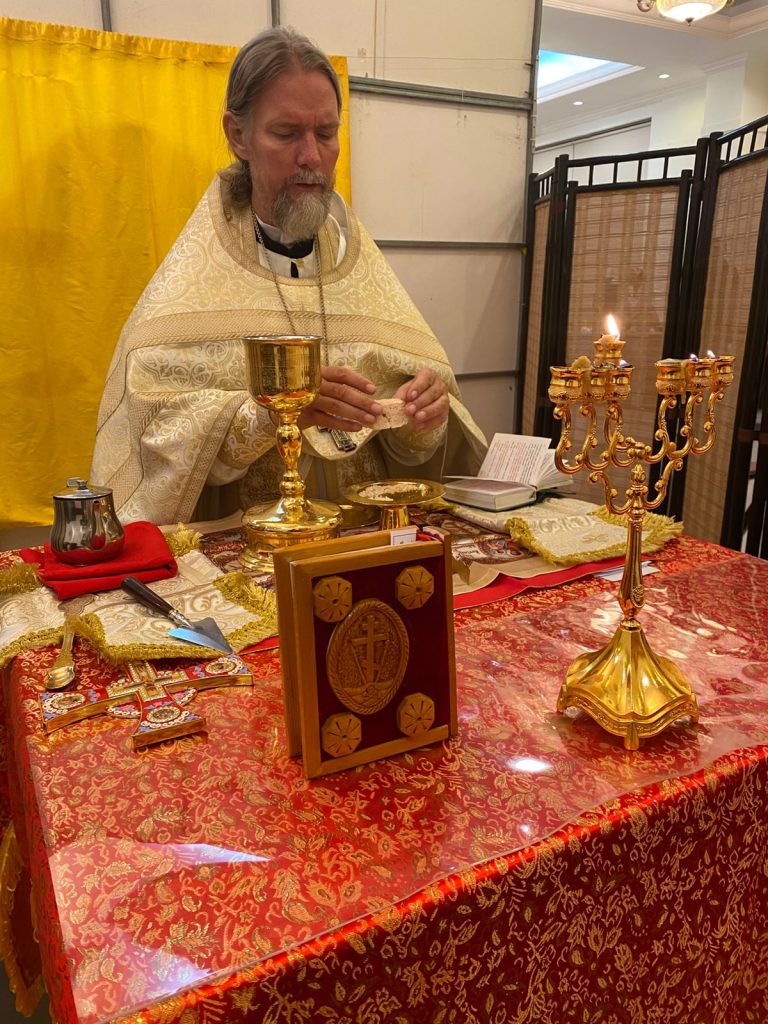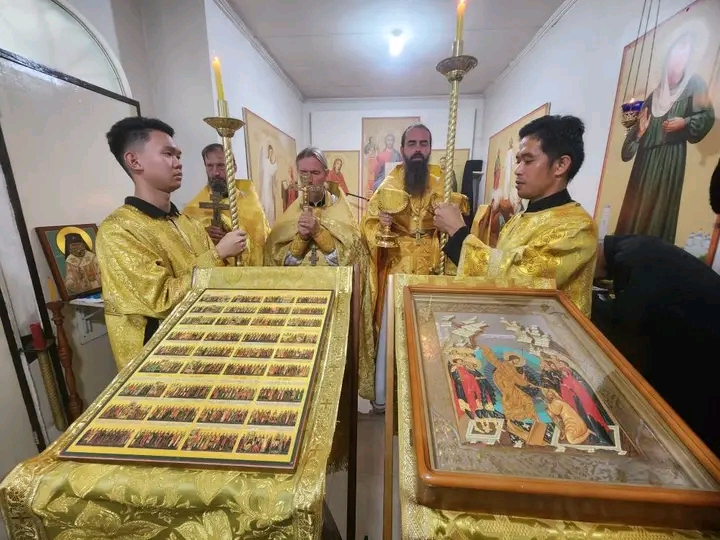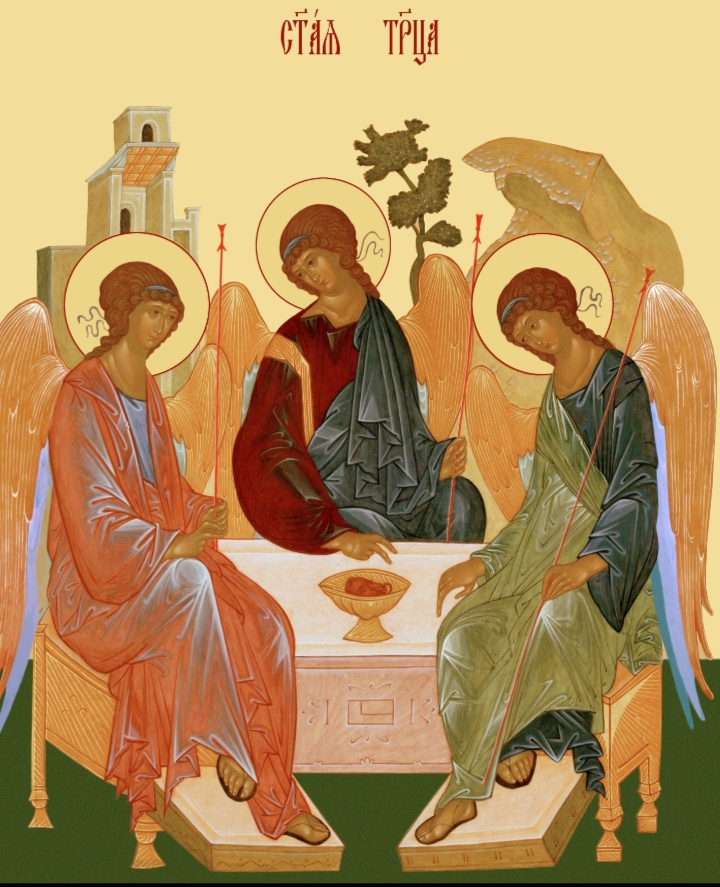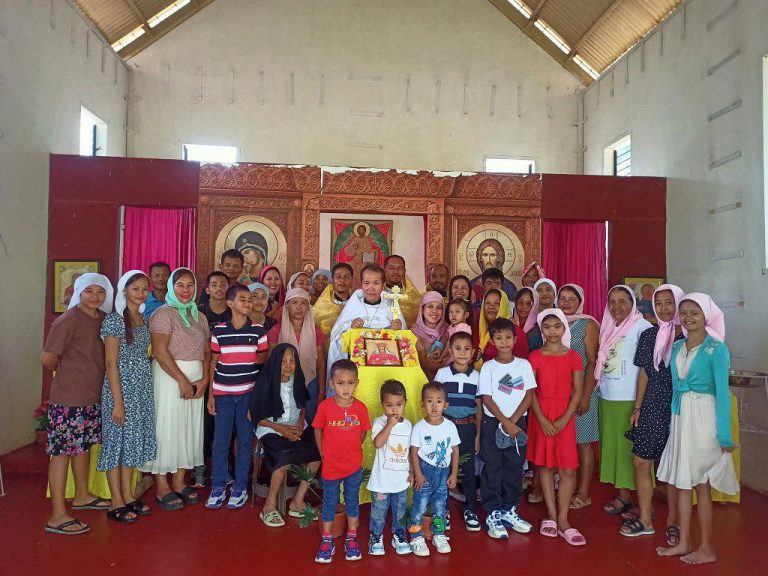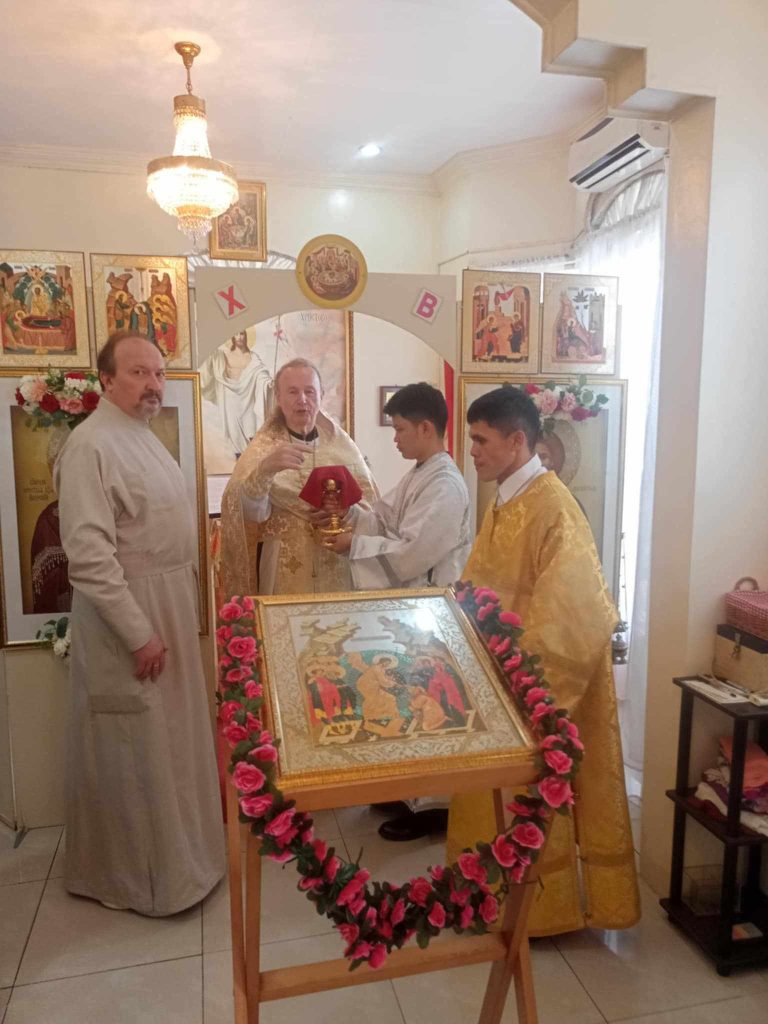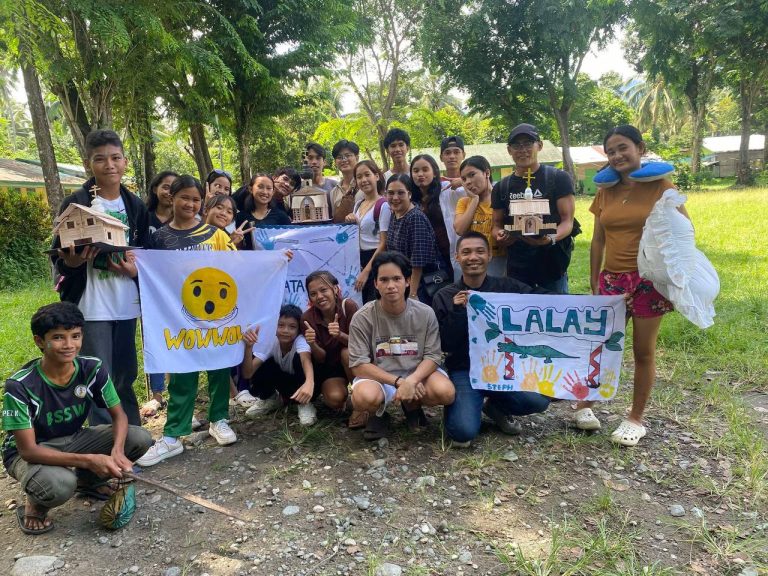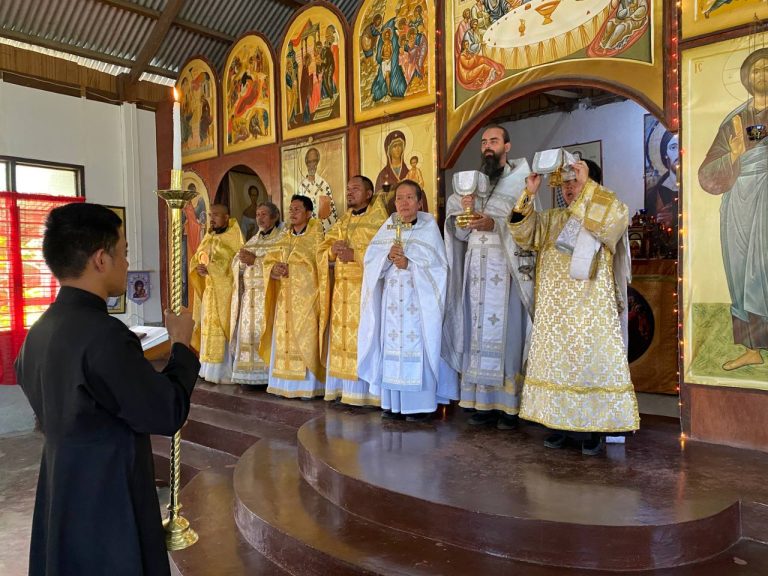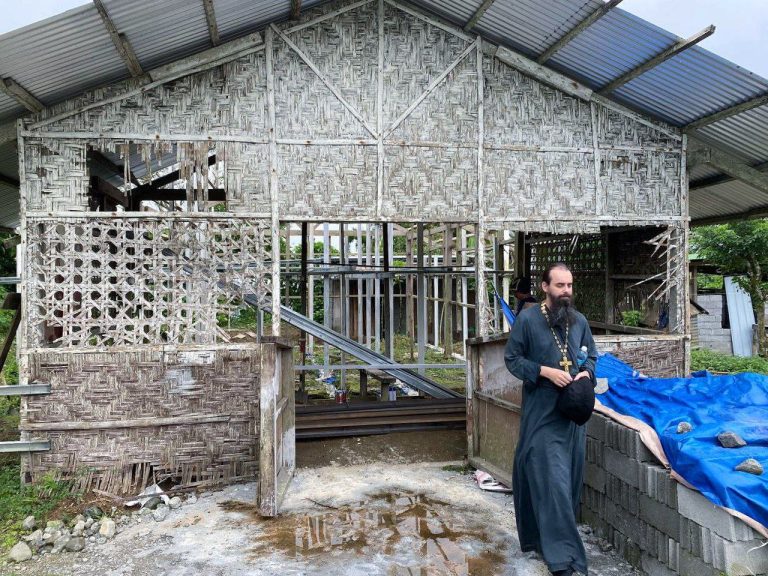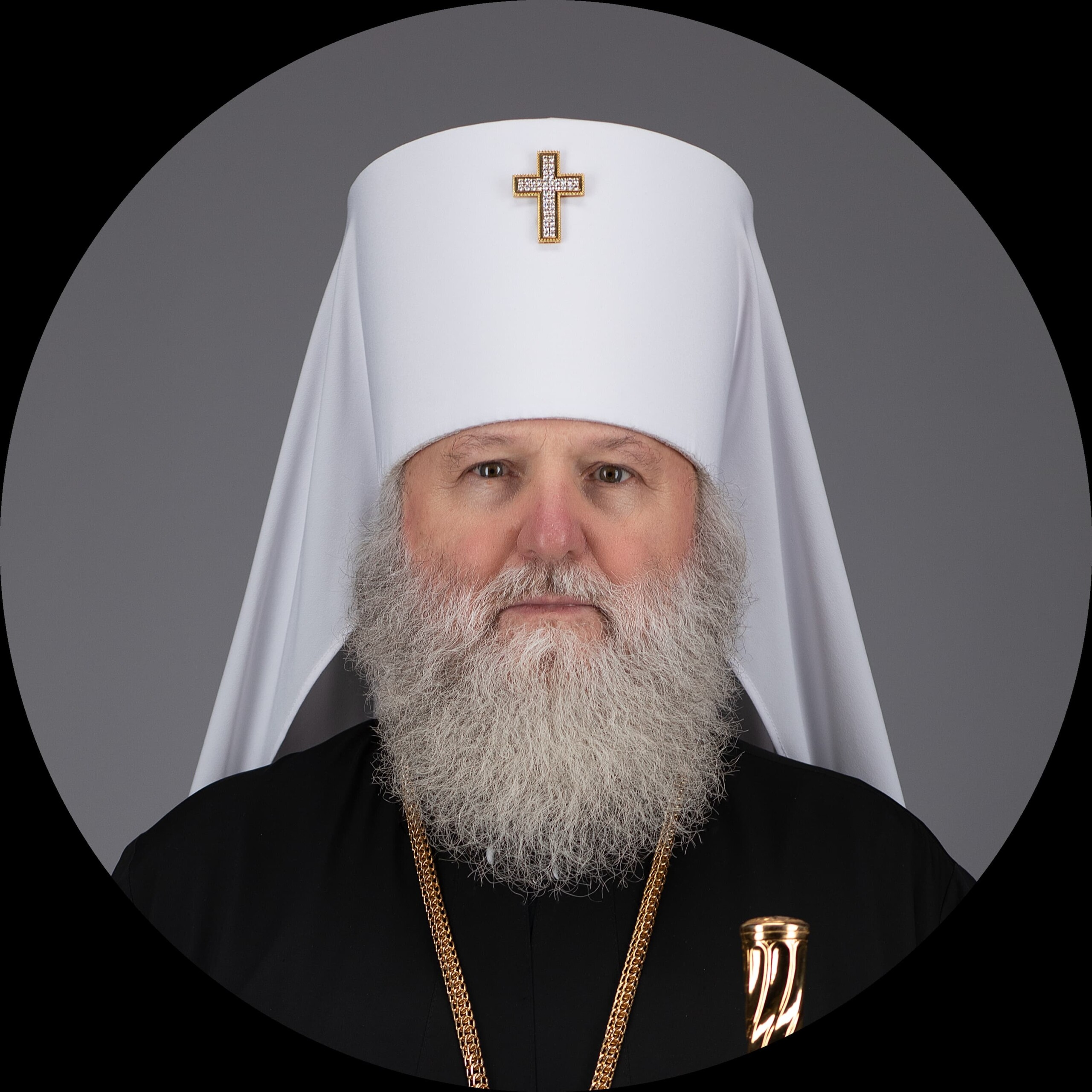
Архипастырь
Господь даёт нам воду вечной жизни, от которой никогда не будет жажды
Митрополит Ханты-Мансийский и Сургутский ПавелО Русской Православной Церкви
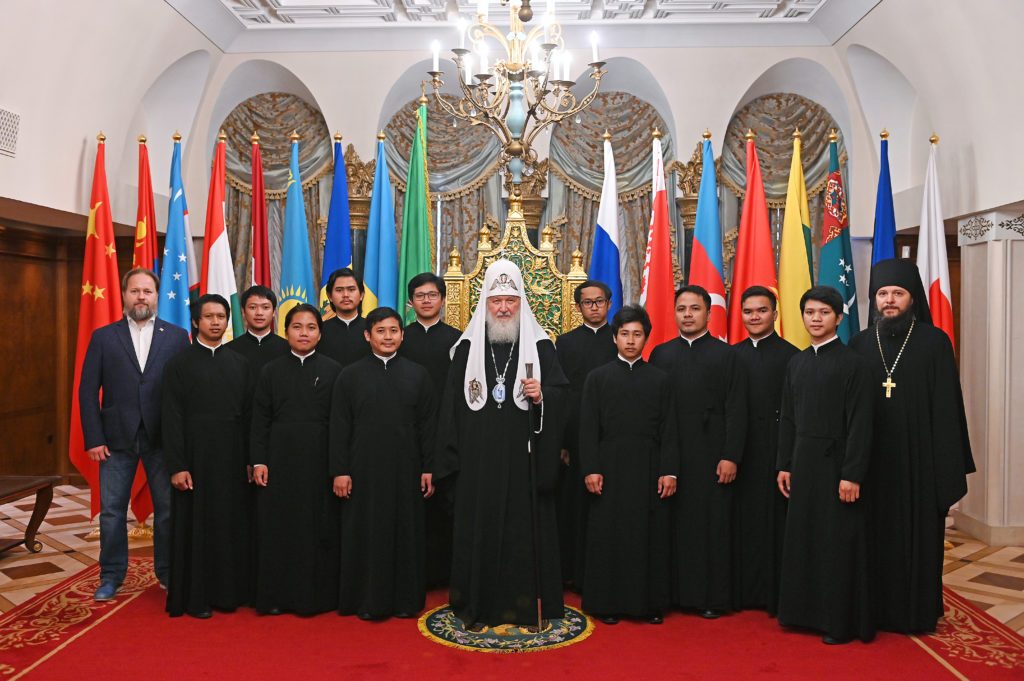

В 1923 году в Маниле была образована первая православная община группой эмигрантов из России, которые были вынуждены покинуть свою Родину после Гражданской войны. В 1934 году по просьбе русской диаспоры в Маниле епископ Китайский и Пекинский Виктор (Святин) основал приход в честь Иверской иконы Божией Матери. Иверская церковь просуществовала до 1945 года, когда была разрушена во время освобождения города американцами от японских захватчиков. В 1949 году, после прихода к власти в Китае коммунистов, около шести тысяч русских беженцев покинули Шанхай. Из всех стран мира только Республика Филиппины согласилась принять их на некоторое время. Русские были размещены на небольшом острове Тубабао. Одними из первых построенных зданий были две церкви: в честь Архангела Михаила и в честь Серафима Саровского. А храм Пресвятой Богородицы был построен из американской полевой церкви. Среди беженцев был известный иерарх Иоанн (Максимович). Святой Иоанн Шанхайский периодически уезжал с Филиппин в другие страны, в первую очередь в Соединенные Штаты, чтобы организовать там переселение беженцев; так, в 1951 году русские в основном
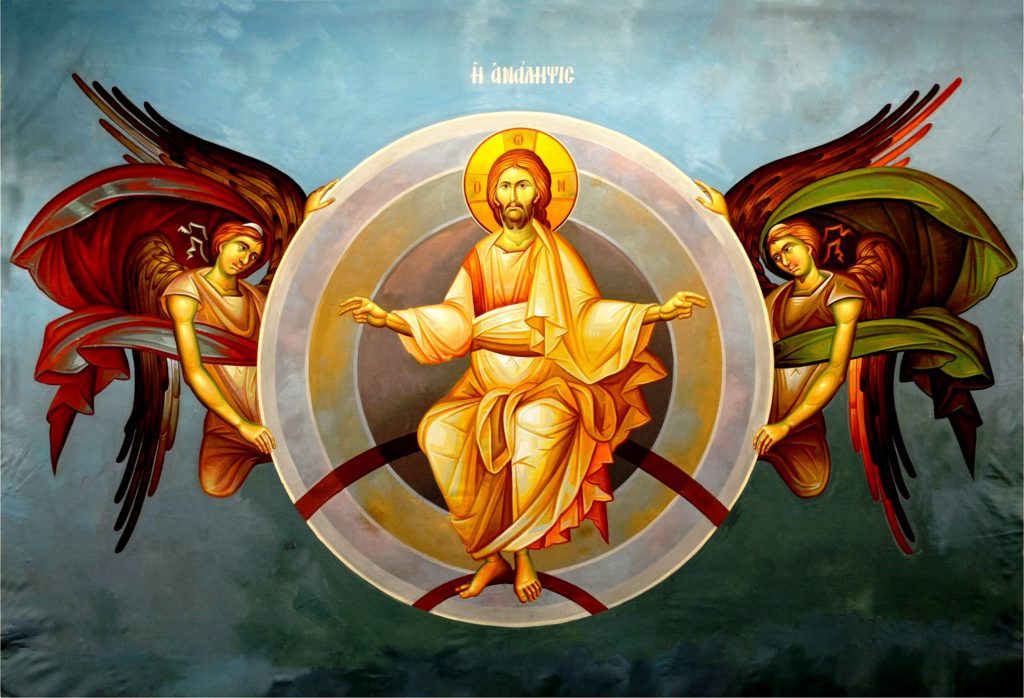
О Православной вере
Православие – христианская вера, сохраняющая неповреждённой истину учения Иисуса Христа, так, как она запечатлена в Священном Писании и Священном Предании. Таким образом, православное вероучение восходит к апостольским временам. Основное содержание Православия - вера в Бога-Троицу - в Отца, Сына, и Святого Духа. Церковь учит, что Бог един по Существу, но троичен в лицах: Бог - Отец, Бог - Сын и Бог - Святой Дух, причем все три Ипостаси единого Бога равны по своей Божественной природе и пребывают в нераздельном единстве, так что никакое действие Божие не бывает без совместного участия Трех Лиц Божественной Троицы.
